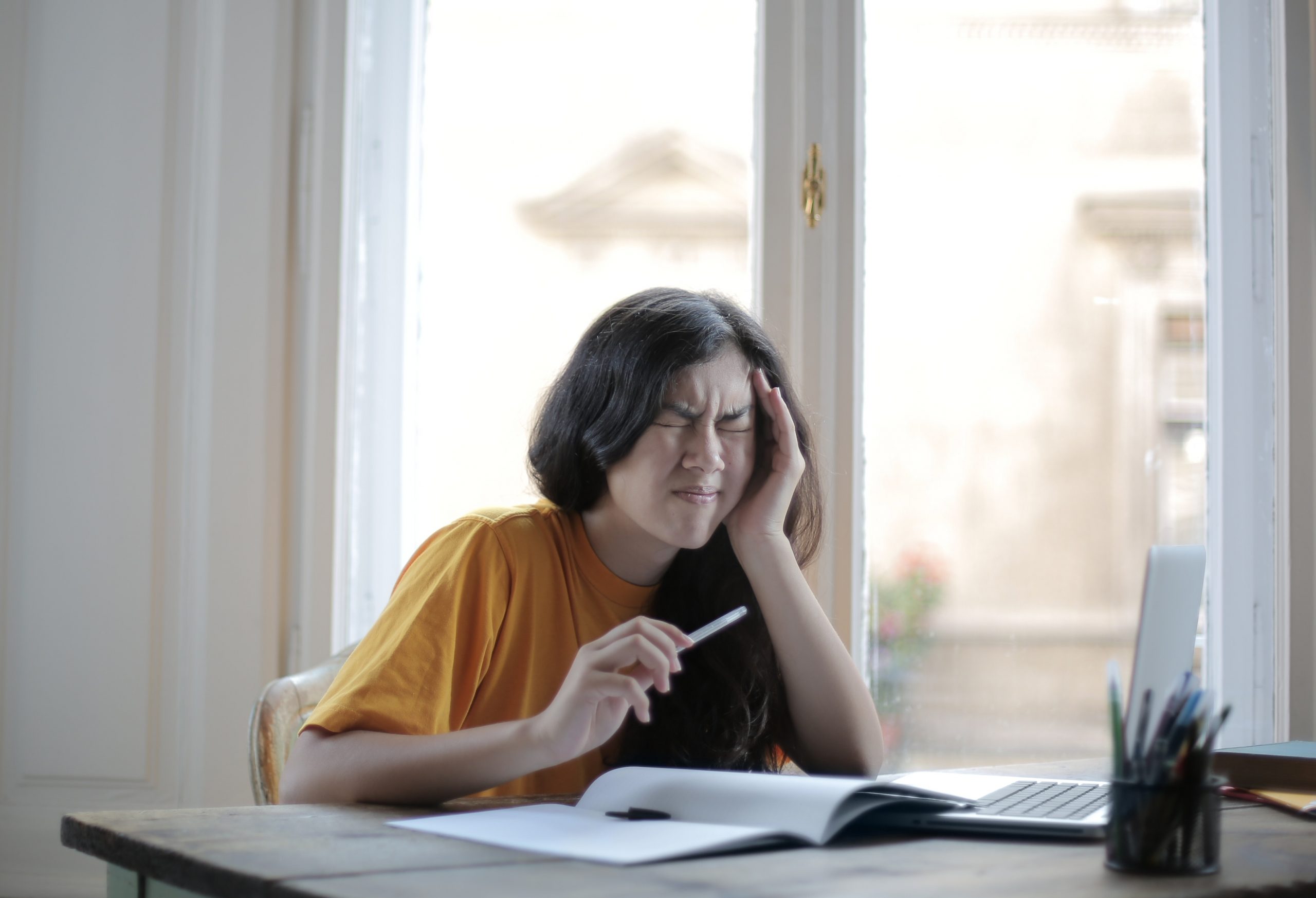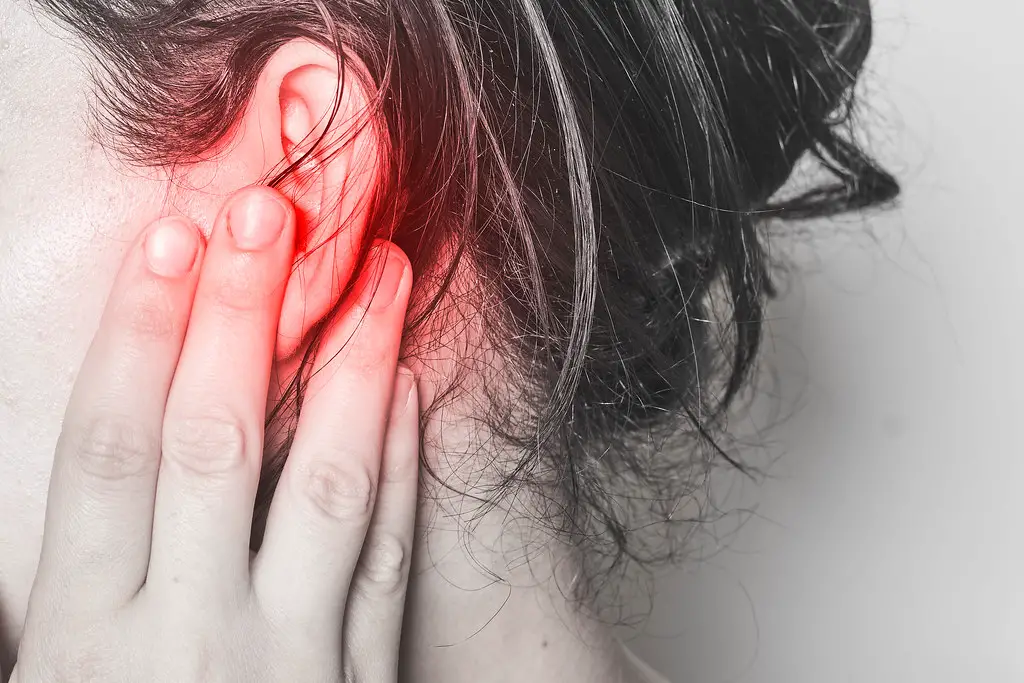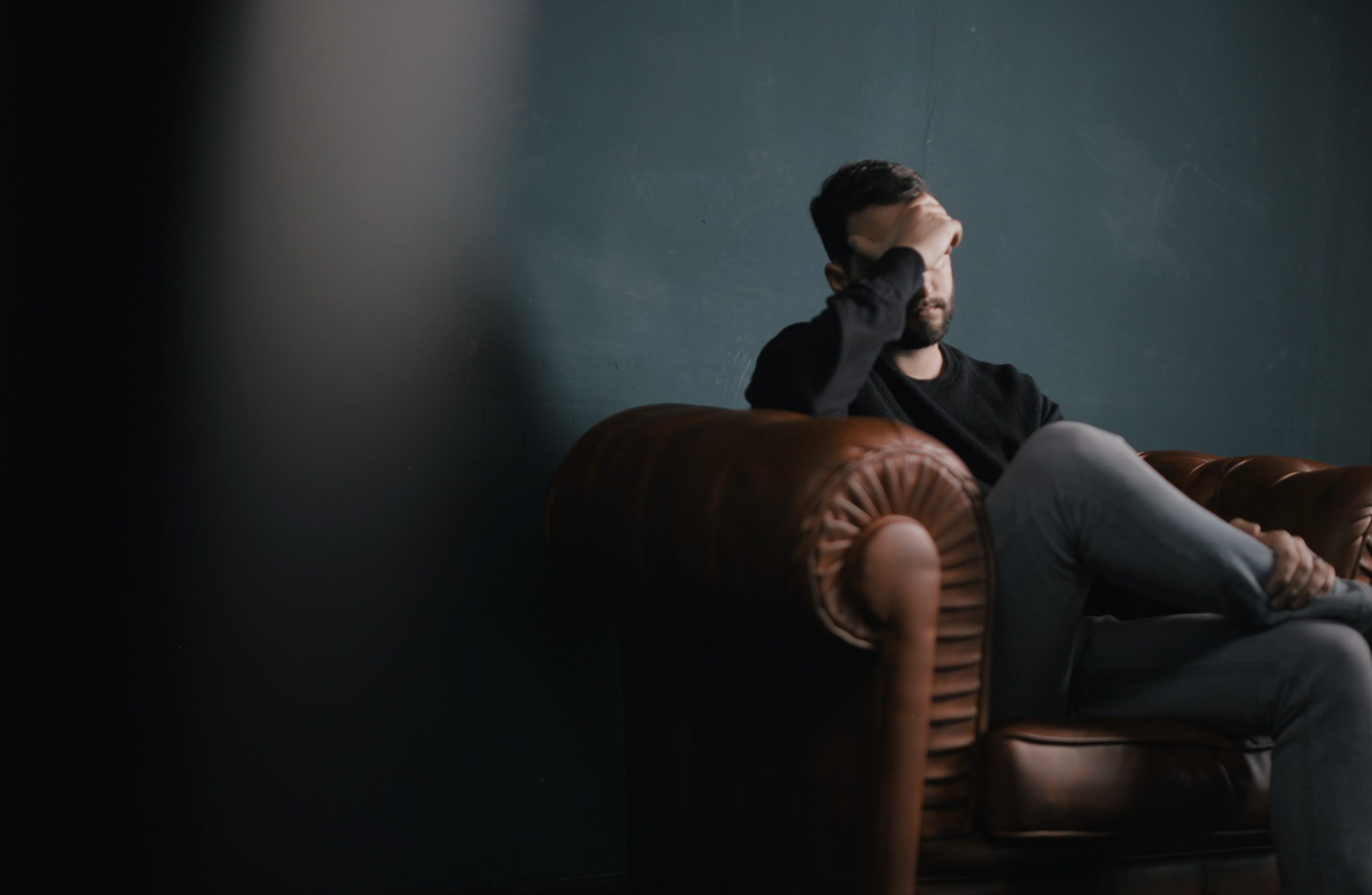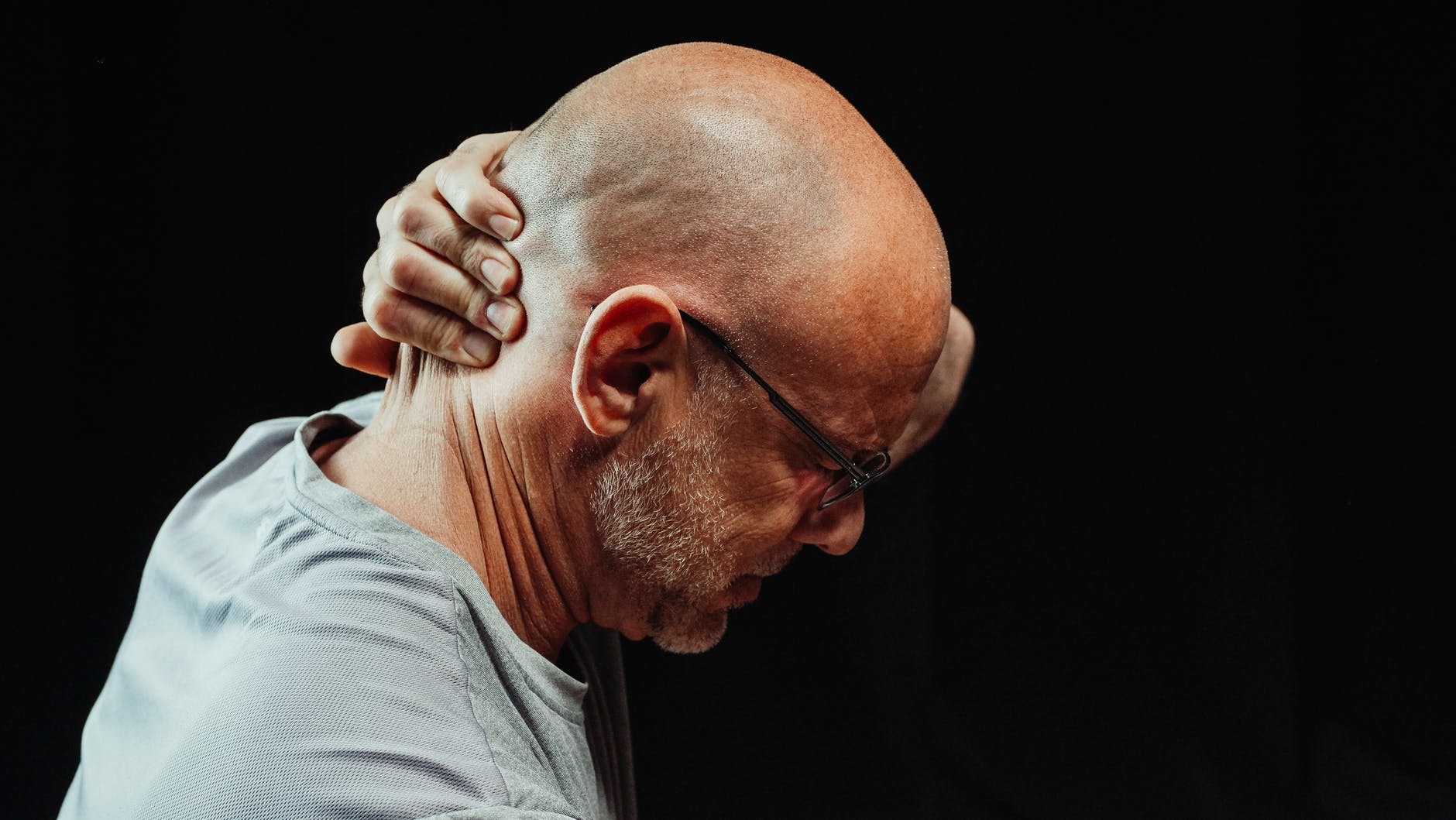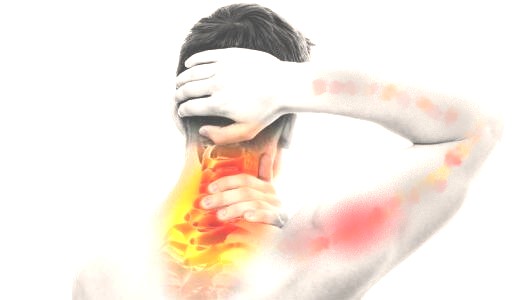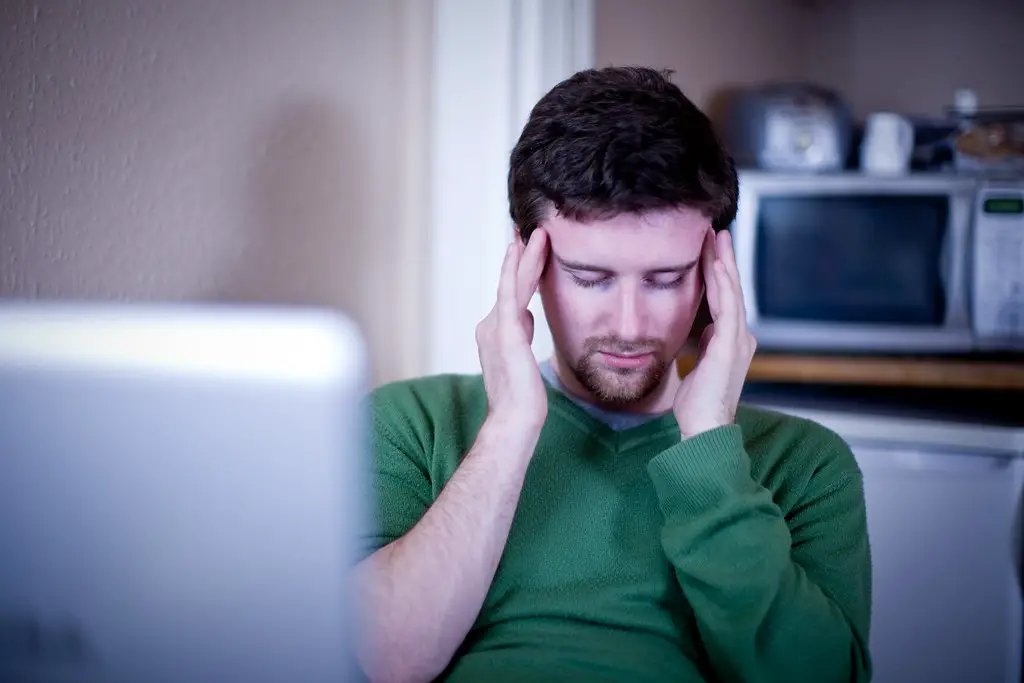Do you often feel tired and have a headache? You might be surprised to learn that these symptoms could be related to your neck.
The neck pain and fatigue are two of the most common complaints, but many people don't realize there may be a connection between the two.
In this article, we are going to discuss the causes of neck pain and fatigue, and how you can deal with them.
Cervical Spine Anatomy
La cervical spine is made up of seven small bones called vertebrae. The bones are stacked on top of each other and separated by thin cushions of tissue called intervertebral discs.
The discs act as shock absorbers, absorbing the impact of movements such as walking, running and jumping.
La cervical spine also contains a number of ligaments and muscles that help hold the vertebrae in place and allow movement.
Bones, discs, ligaments and muscles all work together to allow the neck to move freely while providing support and protection to the spinal cord.
The pains in the neck What is it exactly ?
La neck pain is a common condition that can cause stiffness and difficulty moving the head. Often, neck pain is accompanied by other symptoms such as headache, dizziness or pains to the arm.
In most cases, the pains are not caused by a serious condition and go away on their own within a few weeks.
However, if the pain persists longer or is accompanied by severe symptoms, it is important to see a doctor.
X-ray examinations may be recommended to rule out more serious conditions such as cervical spine disorders.
Pain in the neck et fatigue : What are the causes ?
The pains cervical can have various causes, some very banal, others more serious. Here are some causes:
- Often the pain is caused by uno tension in the muscles and fascias of the cervical spine. This can be due to poor posture during work or study, but also during sleep. But bad postures are not the only ones to cause tension and pains muscle.
- A unilateral charge, for example carrying heavy bags on one shoulder, can lead to lasting tension in the neck over time and therefore pain.
- The office chairs badly adjusted are another frequently mentioned cause of pains cervical. This is especially true if you tend to sit for long periods of time.
- Anyone who sits for hours in an uncomfortable position is at risk of developing pains chronic cervical.
- Stress is another common trigger for neck and shoulder pain. When under stress, we often unconsciously tense our muscles (especially in the neck and neck) which can lead to episodes of pain.
- Besides the causes of neck pain that we mentioned above, the fatigue and lack of sleep can also be a major factor. The fatigue can also cause headaches and make it difficult to concentrate, two factors that can contribute to pains cervical.
Link between pain in the neck et fatigue
One of the least discussed but most common health issues is the link between neck pain and fatigue. Although it may seem unrelated, if you suffer from one, chances are you also suffer from the other.
In fact, when your neck hurts you, your whole body is put to the test. Your muscles have to work overtime to keep your head upright, which can lead to headaches and tension headaches.
Also, when you're in pain, your body releases stress hormones that can make you feel tired and lethargic. Therefore, it is not surprising that the neck pain and fatigue often go together. But if they're common, that doesn't mean they're normal.
Pain in the neck et fatigue : What to do ?
Due to the overlap of these two conditions (neck pain and fatigue), it can be difficult to determine the root cause of the problem.
However, it is important to consult a doctor or a physiotherapist (physiotherapist) to rule out any serious underlying cause.
Once the source of the problem has been identified, treatment can begin. In many cases, simple lifestyle changes, such as improving posture and increasing activity levels, can help reduce fatigue et neck pain.
The quality of sleep is important for the management of pain. When we are tired, our muscles are more likely to be tense, which can lead to pains.
Also, lack of sleep can increase our level of stress and anxiety. Poor sleep can also have a negative impact on our mood, which can further aggravate the pain.
There are a number of things you can do to improve the quality of your sleep and help reduce your pains cervical. Here are some simple tips:
- Maintain a regular sleep schedule
- Avoid caffeine and alcohol before bedtime
- Avoid watching television or working on the computer in the hours before bedtime,
- Practice relaxation techniques like yoga or meditation.
Medical and alternative treatments for pains cervical and fatigue
There are a number of medical and alternative treatments that can be effective in reducing the pain neck pain and fatigue.
To explore 19 solutions aimed at relieving your neck pain, see the following article.
Medical treatments include prescription drugs, physiotherapy (physiotherapy), and surgery. While these treatments can be effective, they can also be expensive and time-consuming.
Alternative treatments include osteopathic care, acupuncture and homeopathy. These treatments are often less expensive and can be performed on your own schedule.




